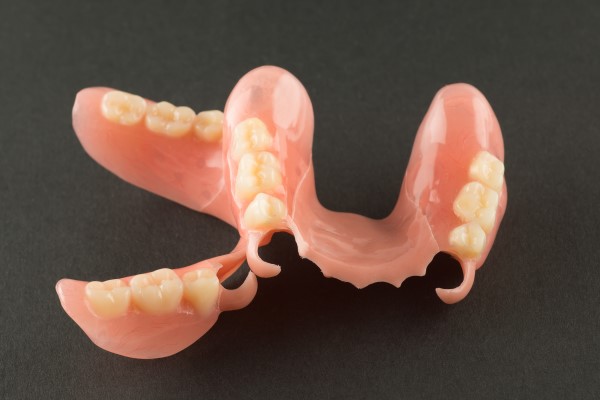Recovering After Your Root Canal

Root canal treatments make it possible for you to save severely damaged teeth. It is the last line of defense before extraction is needed to preserve the patient's health. Root canal treatment becomes necessary when a tooth's pulp chamber is damaged. The pulp chamber contains blood vessels, nerves and connective tissues. These soft tissues being exposed to the irritants in the mouth like oral bacteria and saliva leads to toothaches and, eventually, infection.
What to expect after getting a root canal
The process of getting a root canal often takes less than an hour. It can be completed during a single visit to a dentist. Some patients might need to come in for multiple visits if the infection is severe or the tooth needs to be crowned.
During the procedure, the dentist will inject the area near the affected tooth with a local anesthetic. This prevents the patient from feeling pain during the treatment. The dentist will then drill a hole into the tooth and use a series of files to remove the soft tissues in the pulp chamber. The tooth is disinfected and sealed up. A crown can be used to cover the tooth afterward to protect it from further damage.
Recovery from a root canal
While root canal treatments have a reputation as a scary treatment that can be painful, the truth is actually the opposite. Root canals do not involve much pain, and it is usually pain that brings the patient to the dentist in the first place. Root canals are used to bring severe toothaches to an end.
One of the main benefits of getting a root canal over other alternatives like extraction is the fact that there is not much of a recovery period. The dentist might prescribe some antibiotics if the patient has a severe infection. Patients should take any medications prescribed as recommended.
Patients are able to return to their daily routine after the procedure, but dentists recommend avoiding strenuous activities for the first few hours. Other simple things patients can do to ensure their root canal is successful include:
- Avoid aggravating the area around the tooth with aggressive brushing
- Wait until the anesthetic wears off before eating. Eating while the mouth is numb can lead to injuries to the soft tissues in the mouth
- Use an ice pack to reduce any swelling that occurs. Try to keep the time the ice pack makes contact with the affected cheek to 15 minutes or less
- Prepare meals for the first few days after the root canal in advance
- Avoid tough foods for the first few days after the procedure
- Avoid smoking
- Get at least eight hours of sleep for the first few nights after a root canal
- Avoid strenuous exercise
Do you need a root canal?
Call or visit our Mableton clinic if one or more of your teeth need root canal treatment. The procedure takes about an hour for each tooth and it immediately ends any toothaches caused by the affected tooth.
Request an appointment here: https://www.providencefamilydentistry.com or call Providence Family Dentistry at (678) 496-7021 for an appointment in our Mableton office.
Check out what others are saying about our services on Yelp: Read our Yelp reviews.
Recent Posts
Halitosis is the general dentistry term for chronic bad breath, which means it is constant and does not go away. Although it may be surprising, a lot of people struggle with halitosis every single day. Thankfully, in general dentistry, there are a lot of ways to manage and treat the condition. Below is an overview of…
There are many benefits to removable partial dentures instead of alternative treatment solutions (i.e., implant-supported bridges). Understanding the advantages of partial dentures can help you make the most informed choice possible about the best way to replace your missing teeth. Removable partial dentures are a form of teeth replacement for a section of missing teeth. They…
A tooth replacement procedure is necessary when someone has lost their natural teeth. Teeth play an important role in maintaining good health and oral functions like chewing and speaking, so tooth loss can be quite devastating. Fortunately, there are many tooth replacement options available today to replace missing teeth.Options available for those who have missing…
A dental inlay is often necessary for teeth that are in bad shape, whether it be due to cavities or accidental injuries such as cracks or chips. However, among dental restorations, inlays are not the most common type. Most people are familiar with dental fillings or crowns, but general dentists also recommend dental inlays for…


